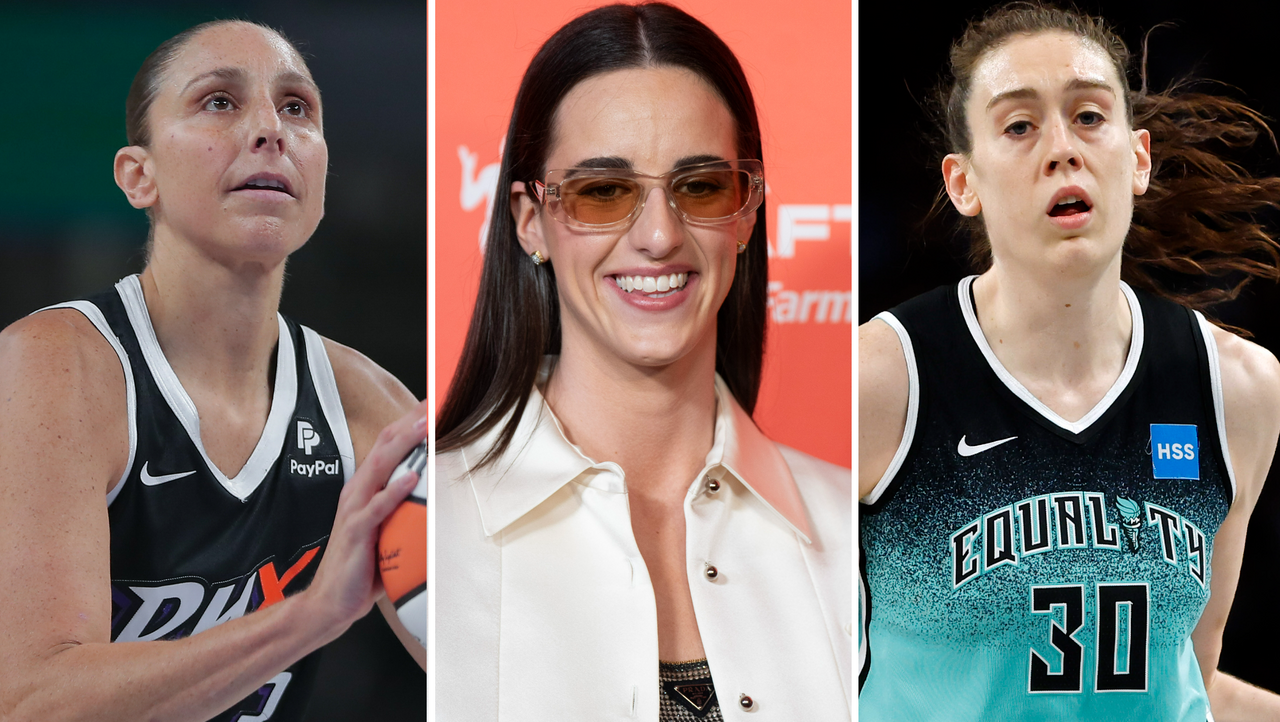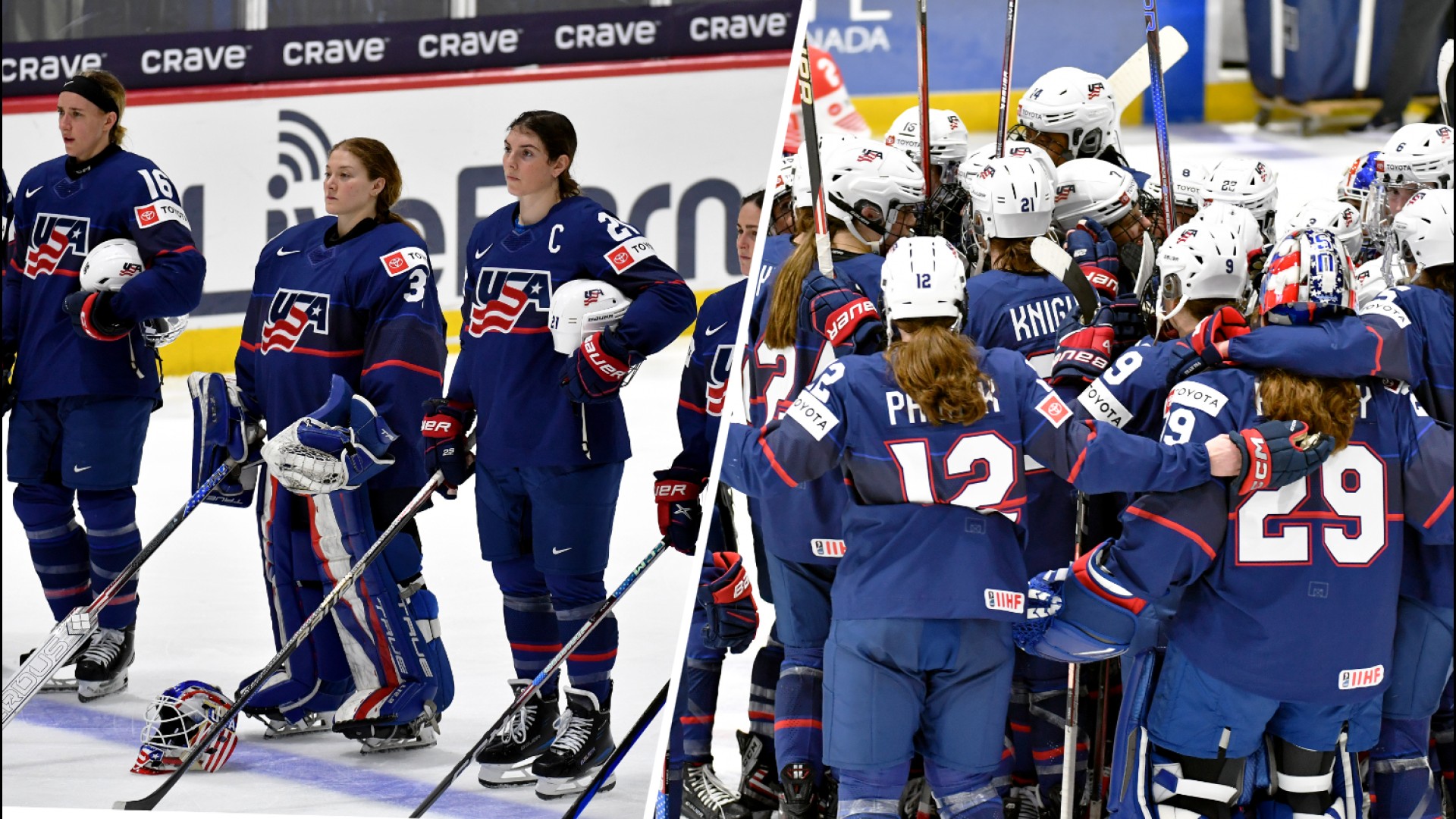
Orlando is over, and the Sixers will be packing up shop for a couple months now. The Sixers finished their Summer League set with a 1-4 record, their one win coming when they barely beat the Nets on the last day in a battle of the league's two worst teams, in a game that was (perhaps mercifully) untelevised. Needless to say this team was not overflowing with talent; I would be surprised if more than one or two of the players not already signed by the Sixers actually ended up on an NBA team next year. (And even a couple of those might not survive the summer.)
But of course, the team's record itself is of little import compared to how our impact prospects played, namely anointed Point Guard of the Future Michael Carter-Williams, who kicked the league off with a 26/7/8 performance that was actually more up-and-down than that final line would actually indicate. That performance was likely Carter-Williams' best of the week, as his 8-23 shooting night in that game would somehow end up being the highest percentage he shot in any of the five games, which also consisted of 4-20, 5-16 and 3-16 outings, dragging his final FG% for Orlando to a sparkling 27%.
Simply put, MCW has real, real trouble putting ball in basket. This comes as no surprise to Sixers fans, who have long been warned that Carter-Williams' shooting touch was highly lacking in his college career, but the degree of his struggling this week was pretty damn harsh. It's not just that he can't shoot straight--his stroke actually looks OK, though for whatever reason, it doesn't end up going in that much--it's that he doesn't have a particularly stocked arsenal of moves when it comes to getting his shot off. Often times he would drive to the basket, get stopped eight to ten feet out, and just kinda chuck the ball at the basket, with predictably limited success. He doesn't seem to have much in the way of floaters or up-and-under moves, which a guy with his lousy outside shooting results needs badly to be any kind of effective on offense.
Stay in the game with the latest updates on your beloved Philadelphia sports teams! Sign up here for our All Access Daily newsletter.
Turnovers were also an issue for MCW. Again, nothing unexpected, but Michael was almost pushing double-digits with the giveaways in a couple of these, and it's pretty hard to be effective as a distributor when you're coughing the ball up that much. Many of the TOs were forgivable, but some were just the result of carelessness--being loose with his dribble, leaving his feet before deciding what he was going to do with the ball, wedging passes into spaces that were barely there, if at all. Between the turnovers and the misses, there was a whole lot of sighing and head-shaking to be done watching Carter-Williams this week.
So, a complete disaster, then? Well, I'm not willing to go quite that far. Carter-Williams struggled in predictable areas, and mightily so, but he also impressed in expected areas as well. His near double-digit turnover games were also near double-digit assist games--an unsustainable ratio, but one that shows that he's being aggressive with his play-making, which is generally a good thing. He had a couple lead passes in the half-court (especially to Arsalan Kazemi, who he developed a nice chemistry with) that were impressive in their both vision and their execution, and there were stretches--particularly in the second half of a narrow loss to Orlando--where he was getting into the paint and kicking out to open teammates on virtually every play, creating easy scoring opportunities like a point guard is supposed to, first and foremost.
And though he appears to be currently helpless scoring the ball from most areas of the court, he did show an impressive ability to finish around the basket, as well as the tenacity to drive at it continuously. His size allows him to finish over smaller defenders, and his wiriness allows him to contort his body to get around help defenders in mid-air. Of course, unless you're LeBron James, you can't just attack all the time, as eventually defenders can play you solely to drive and you'll end up getting your shot blocked a whole lot (as MCW certainly did as the week went on), but it's a good instinct, and one which when (hopefully, eventually) paired with an improved outside shot and a decent floater could make him quite a terror on offense.
http://www.youtube.com/watch?v=-YpP7oKLn0Y
But really, if you want to find value in MCW's Summer League performance, it'd mostly come on the other end of the ball. As raw as he is offensively, Carter-Williams seems likely to be an immmediate contributor on defense, where his length gives smaller point guards real trouble and his athleticism allows him to recover from the pick-and-roll in a way few defenders of his size could. OKC Summer League point guard Dwight Buycks impressed enough in his Orlando audition to get a two-year contract from the Raptors, but he was totally helpless against Carter-Williams, who blanketed him all game and held him to just two points and three assists (with three turnovers) in his limited minutes. In a league being gradually overrun by young, lightning-quick point guards, to have a potential stopper like MCW is really a tremendous asset to the Sixers moving forward.
What's more, Carter-Williams impressed with his ability to anticipate passing lanes and reach in for steals. Now, steals is often an overrated statistic when evaluating defense, since a high steal tally often means a predilection towards gambling, lunging for swipes that don't come to fruition and leave you (and subsequently, your whole team) out of defensive position, but MCW didn't guess wrong a whole lot, and when he did get hands on the ball, he excelled at transitioning into the fast break, with the speed and handling to finish himself and the smarts to kick ahead or cross-court to open teammates. On a team that's going to struggle in the half court like the Sixers invariably will next year (and maybe a couple years after), being able to get those easy points off turnovers will be tremendously key for them to stay in games.
News
On the whole? I'd be lying if I said I came away from the Sixers' week in Orlando convinced that Michael Carter-Williams was absolutely the guy to quarterback the next good 76ers team. If he can't score--like, at all--that's a pretty tough problem to get around, regardless of how much he contributes elsewhere on the floor, and there's a lot of feel-for-the-game stuff that he still needs to learn about leading a team and directing an offense and all that stuff. But Rich Hoffman of Liberty Ballers has done a good job of putting MCW's shooting and scoring in perspective as his "swing skill"--the area in which the degree of his improvement will determine the degree of his ability to be effective as an NBA player. You'd rather know for a fact that he can do it, but the fact that being able to do it is pretty much all that's keeping him from being a good pro is cause for optimism, since it's a partially learnable skill, and you'd rather have a super-talented guy with one gaping hole in his game than someone who's just across-the-board mediocre.
For some additional perspective, I'd advise you to look at the Summer League case of Utah's Trey Burke, taken two spots ahead of Michael Carter-Williams in the 2013 draft, the highest-picked point guard of the whole class. Burke's struggles in Orlando arguably eclipsed even Carter-Williams', with the rookie point also finishing with a final FG% in the 20s, as well as a disturbingly arid 1-19 mark from three over the week. (Even MCW managed to hit four total from deep over five games.) Burke did not impress terribly with his playmaking or defense, and seemed to struggle to get any kind of easy baskets--the few shots he made seemed to all come off tough fadeaways and long catch-and-shoots, which, cool, but when playing against the weak competition of Summer League, making it look easy is always a better sign for a player's pro prospects than making it look hard.
Now if I was a Jazz fan, I'd be pretty f'ing scared right now about that pick. Unlike Carter-Williams, Burke wasn't an offensively raw product in college--he averaged nearly 19 a game at Michigan, shooting 46% from the field and 38% from deep, sweeping the Player of the Year honors and was supposed to step in right away as the Jazz's starting point guard and best perimeter scorer and playmaker. And what's more, if Burke isn't scoring and distributing with ease, he's not contributing a whole lot on the court, as he's undersized as a defender and rebounder and not terribly effective in those areas. The situation with Burke reminds me (to my eternal chagrin) of our own Evan Turner, another consensus Player of the Year whose Summer League difficulties before his rookie season were indicative of the very real issues he was going to have adapting his college-dominating game to the pro level. It's not a death sentence for Burke, exactly--anybody can have a bad stretch of games, and I'm sure there's no shortage of excuses the Jazz camp have for their #9 pick's poor play, likely with varying degrees of credibility--but again, if I was a Utah fan, I'd be tempering my expectations considerably for what could be a pretty rough rookie season for Burke.
I'm not trying to pick on poor Trey Burke here--I'm sure there are Jazz blogs out there doing that well enough already--but I'm just trying to illustrate why you'd ultimately rather have a Summer League performance like that of Michael Carter-Williams, whose difficulties were very real and very problematic, but were also expected to a degree, and were tempered with similarly expected contributions in other areas. The issues with MCW are fixable, the issues with Burke, I wouldn't be so sure. Now, that's not to say that Carter-Williams will definitely (or even probably) fix said issues--it's entirely possible his scoring and shooting difficulties will remain such a problem that he will ultimately prove unplayable. But that's the gamble that Sam Hinkie took all along with our #11 pick, and if he's willing to bet long-term on Carter-Williams, then the young point guard deserves our faith and patience as well.
Ultimately, Michael Carter-Williams and the Philadelphia 76ers just might be the perfect fit for one another next season. Carter-Williams will undoubtedly struggle from the field tremendously all season--if he shot even 35% from the field, that might be considerable as a win for the Sixers--and the offense will suffer for it. But he'll learn, and in the meantime, the Sixers will lose, and hopefully by the time MCW gets enough of a feel for the pro game to be effective on both ends of the court, we'll have a couple high draft picks with which to give him the help on offense that he needs--considering his current go-to guy on offense is Thaddeus Young, who's only once averaged over 15 points a game and may not even be on the team at this point next year. Hell, Ricky Rubio has yet to score 11 a game or shoot over 36% from the field, but he's still looked at as a cornerstone of the Timberwolves' rebuilding process for his ability to contribute in all other facets of the game--passing, defending, even rebounding--and his remaining upside at age 22. No reason to think MCW couldn't turn out similarly, and on the Sixers, he'll get the chance to do so.
As he often does, my dad summed it up perfectly while we were watching MCW's up-and-down performance in his Summer League debut: "Well, he's going to stink this year, but that's OK." Sounds about right on all accounts.


